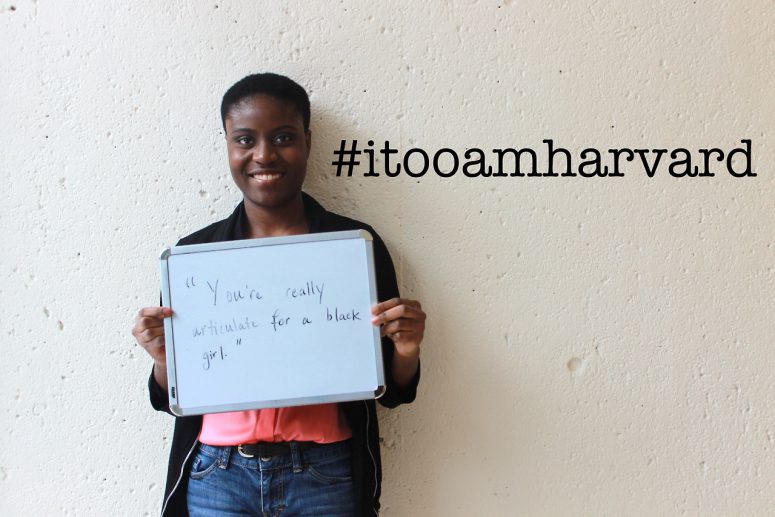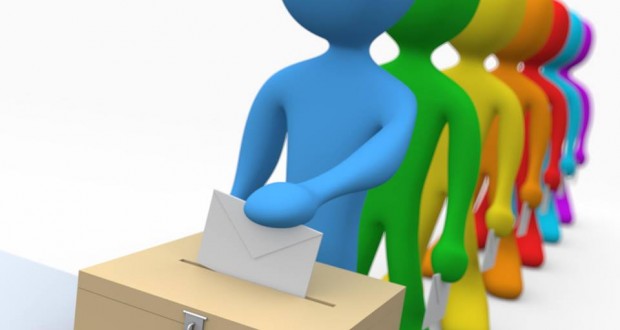In today’s world of advertising blitz, glamorous promotions, and creative social media campaigns, we are constantly bombarded with brands, causes, images, taglines, hashtags, etc., all of them competing for our attention, money, and support.
However, how does one choose which brand or which cause to support amidst the expansive sea of competing brands and causes — all of which could very well be equally important and worthy of our support and time?
Usually the answer to that would most likely be a personal one — a person would support the issue that is closest to them or the issue that aligns most with their own personal values and beliefs.
As many would take a humanistic approach in their decision-making, one of the best ways to appeal to people and garner support for your cause (even brands and products), is to put a human face to it.
All causes would have the figures and reasons on why their cause is important, however, one must not forget the most essential element in all of the statistics, evidences, and reports behind all those reasons — the human beings affected by the issue.
Below are two examples of social media campaigns that focused on issues of race and racism. The approach taken by their creators was to simply humanize the often complex and contentious issues presented.
I, Too, Am Harvard

I, Too, Am Harvard was a campaign expressed through a collection of photos that had been posted on Tumblr to illustrate the personal experiences of black students at Harvard University. The multimedia project was the result of interviews with over 60 Harvard undergraduate students holding signs and bearing messages about their experiences as Black students of Harvard.
The campaign, as well as the concept spread to other universities including the University of Oxford, University of Cambridge, and McGill University, and eventually reached to over 32 universities worldwide, with minority students, presenting their experiences as Asian/Indian/Muslim/etc. in their universities.
The purpose of this campaign is to simply provide the voice and the human face of the marginalization, the stereotyping, and the racial microaggresions these Black (and other minority) students experienced. As long as complex issues are being addressed in discussions and debates, these issues will only remain abstract or theoretical notions, rather than actually being applied to living experiences and realities as human beings. The daily effects of marginalization, systemic discrimination, and oppression experienced by this group will be rendered into academic terms without any actual consideration nor concern.
Hopefully, by presenting a more personal statement, especially to those that illustrate the emotional weight and mental impacts of those daily effects, it will help others truly realize that apart from “I, Too, Am Harvard”, the most important aspect of the campaign is:
“I, Too, Am a Human Being; Deserving of His/Her Rights and Respect, Equally as You.”

http://itooamharvard.tumblr.com/
#HeIsNotASuspect

The next anti-racism campaign was launched in response to the George Zimmerman not guilty verdict of the death of Trayvon Martin, a 17-year old African-American, who was fatally shot by Zimmerman.
Launched by Essence magazine, a monthly magazine for African-American women, #HeIsNotASuspect, was organized as a counter-stereotyping social media campaign to stop racial profiling.
The following was their statement on the campaign:
“We launched our first-ever counter-stereotyping social media campaign to stop racial profiling, #HeIsNotASuspect. We were determined to alter mindsets and present positive images that prove our Black boys and men are so much more than a stereotype.”
Also, the magazine invited their readers — the mothers, sisters, daughters, and grandmothers — the African-American women (who are often the unacknowledged victims of violence against African-American men) to post images of the men in their families/lives accompanied with a few words about them and the hashtag, #HeIsNotASuspect across various social media platforms, especially Twitter and Instagram.
So, similarly like the “I, Too, Am Harvard” campaign, this action also tries to humanize a minority racial group in America, and most importantly, to raise awareness of the most deadly impact of racial stereotyping — the loss of lives of African-American men.
Below are a couple of the tweets from the community response in support of the campaign.





